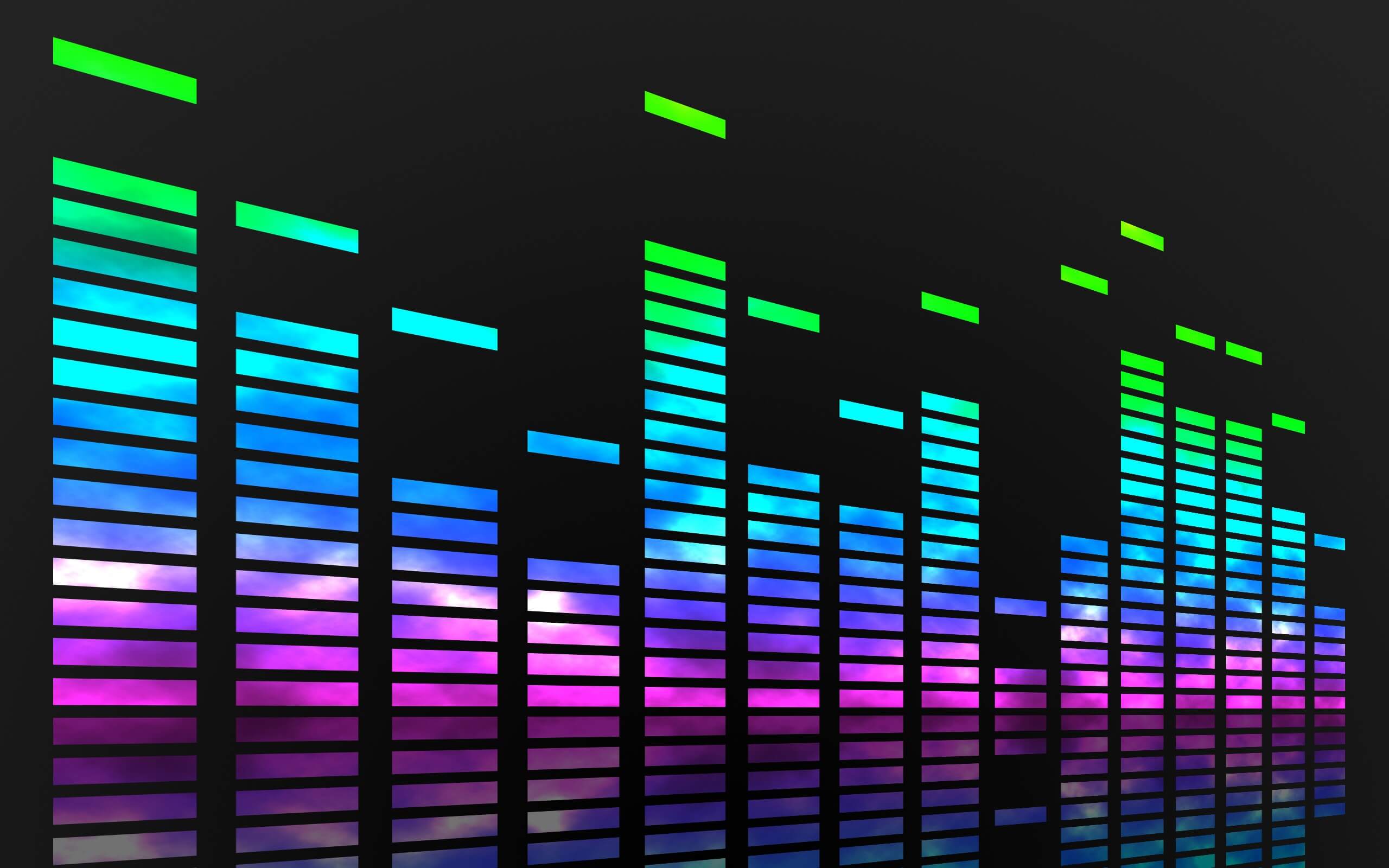
15 Sep Music as a second language
It’s extremely difficult to explain the feeling of walking onto a darkened stage and sensing palpitations on a public’s anticipation of what you, as musician, will create for them. The passion. The sense of vulnerability, of wearing it all on your sleeve. Art for art’s sake. I’ve been there!
Performing live is the gateway to freedom, of feeling free. Art is not only doing what you love, but doing what you think you were destined to do. Art is self- expression.
All nice ideas in theory, until a large body of evidence suggests that it is a disaster in practice.
It is a concept that has somehow lost its true meaning in today’s society, especially in the world of music.
The music industry has always been witness to the countless number of dedicated people struggling to make a decent living at what they have chosen to do; Yet in the present musical scene, I feel like I am living in a type of altered reality where everyone feels they are creative and worthy of the title “musician”, with seemingly no sense of passionate struggle involved.
Technology has definitely turned the music industry on its ear and certainly facilitated the brash person’s self-proclaimed title of musician. Internet has fed off, and even evolved a contemporary characteristic of the so-called new musician; the relentless desire to be famous.
Although the mighty ego has always been part of stardom, the current musical scene seems to be leaning more towards the individual diva rather than the group concept: from Nicki Minaj, to Katy Perry, to Miley Cyrus, over the past 10 years the Cult of Personality has taken its place, by slipping from a more joint contemplation of music to a more solo artist perception, while Social Media magnifies egocentric platforms such as Instagram and Facebook.
So, does it concern a sense of freedom or is it narcissism?

Since the rise of technology, along with its ability to give the average person an instant audience, the person who spent his time daydreaming about fame, has thrown himself headlong to the nearest computer to show the world what he can do.
Hiding behind a screen has given us the opportunity to popularize ourselves overnight and has provided us with a variety of tools to write, create and record our own music.
Music has become a disposable commodity and looking at what’s popular today, I’d say that talent is probably the least important part of success and we are all competing with the world for the same chance at greatness.
The good news is, if you are a newcomer to the industry, this could be an exciting time for you: Every generation gets the artist they deserve!
By Holliday Paxton


